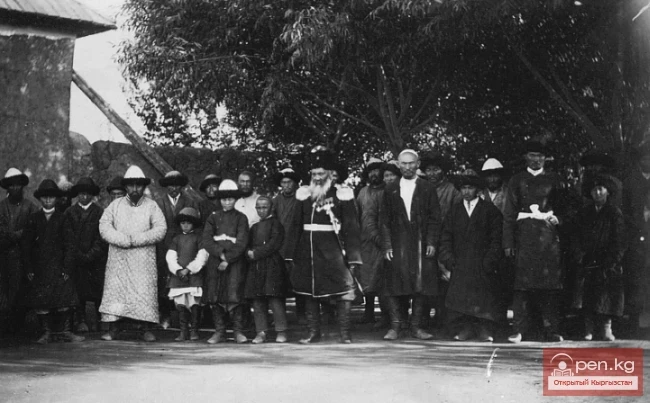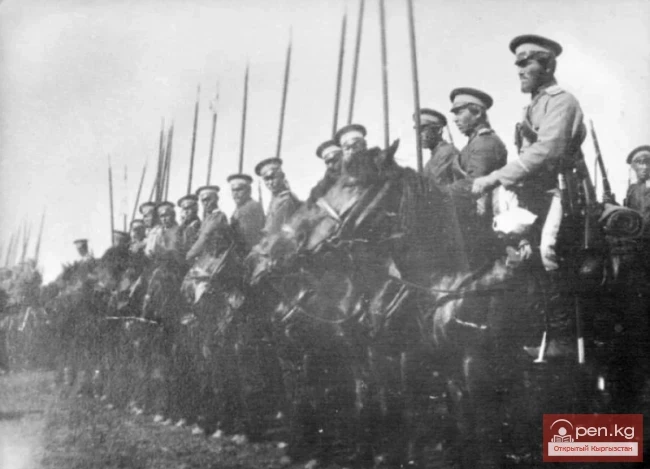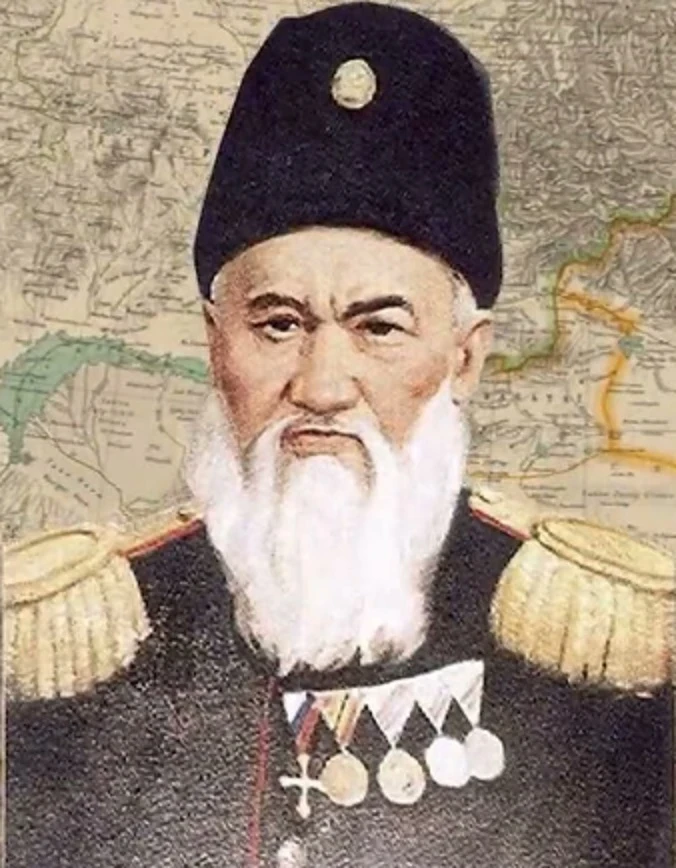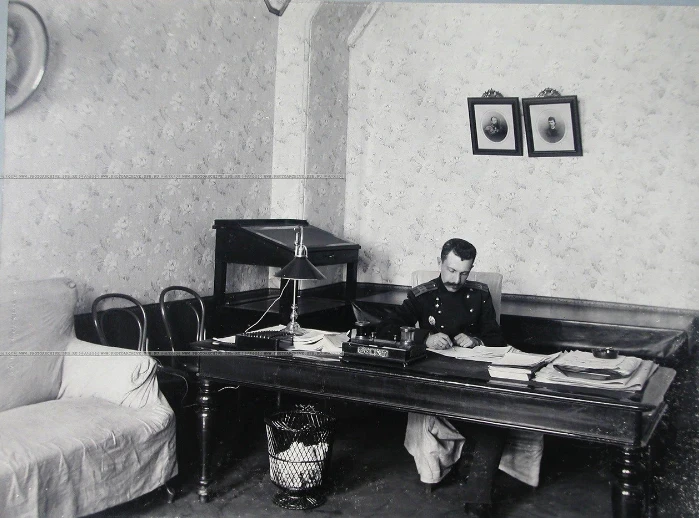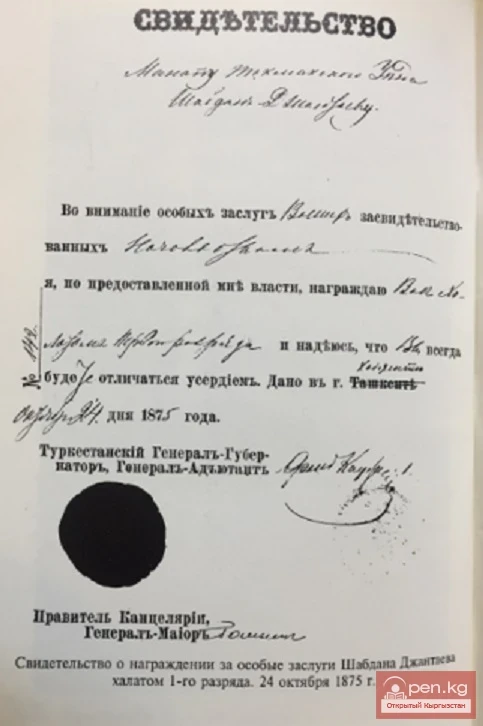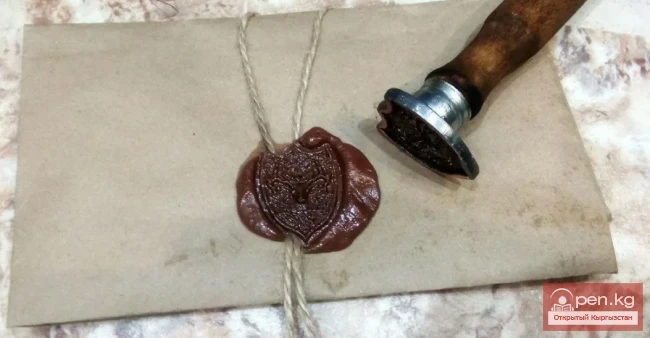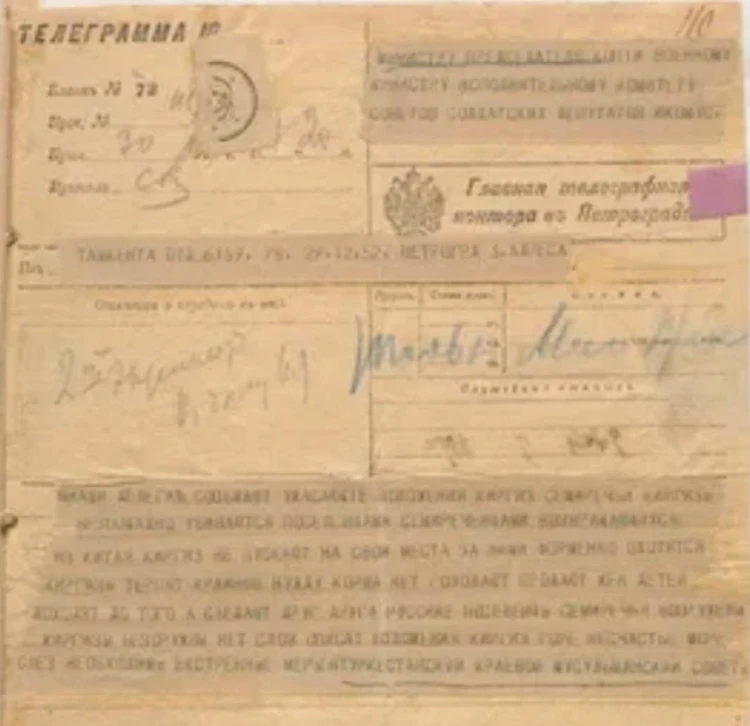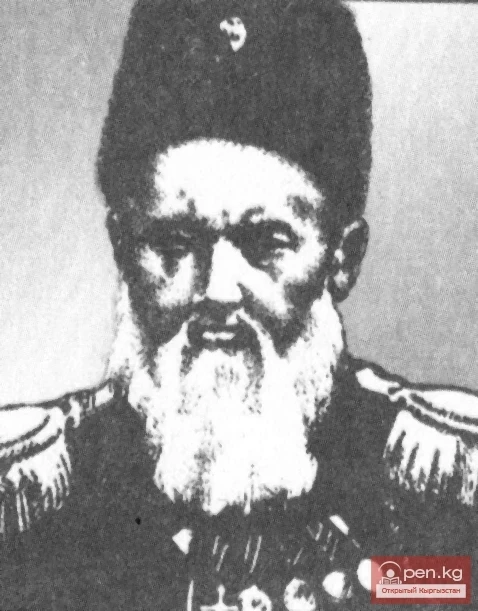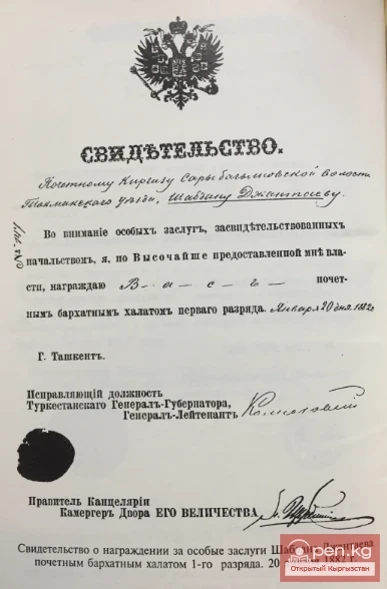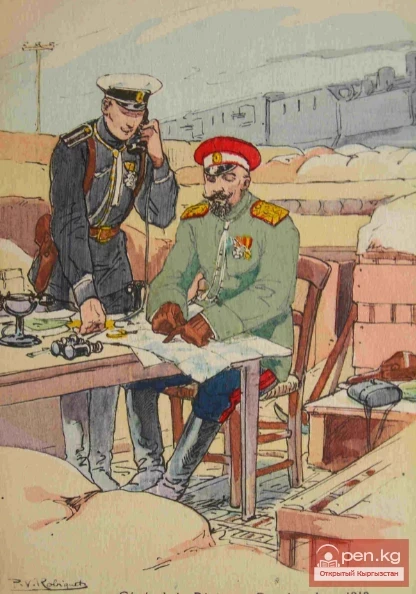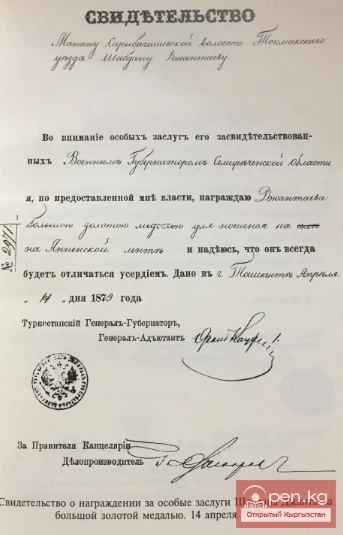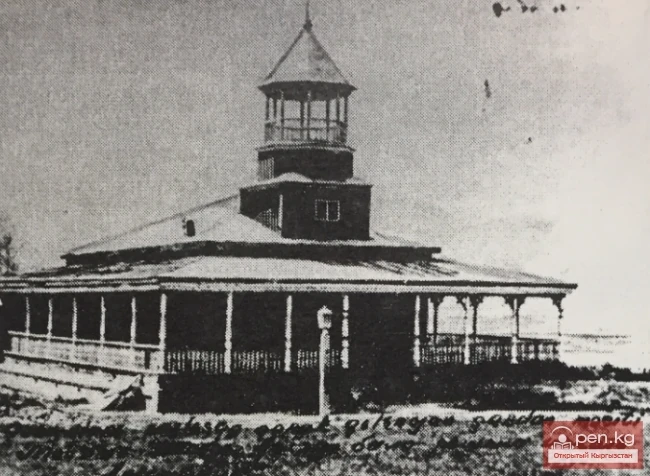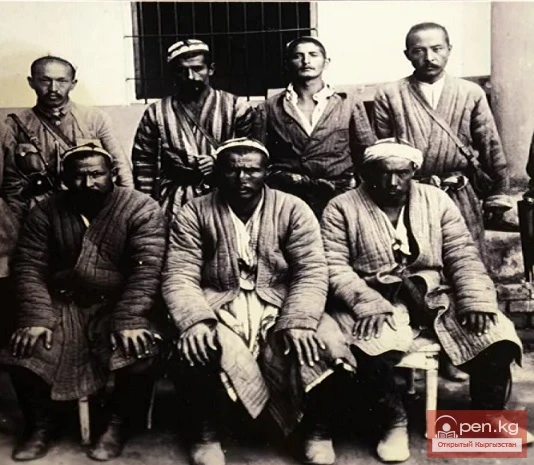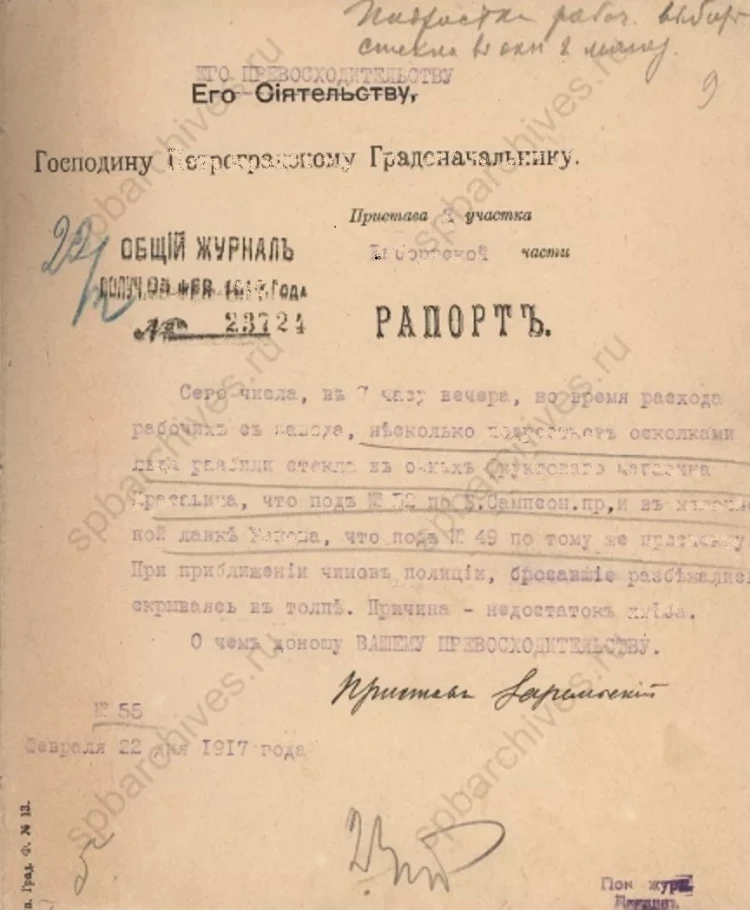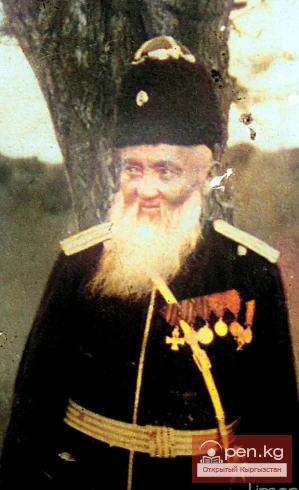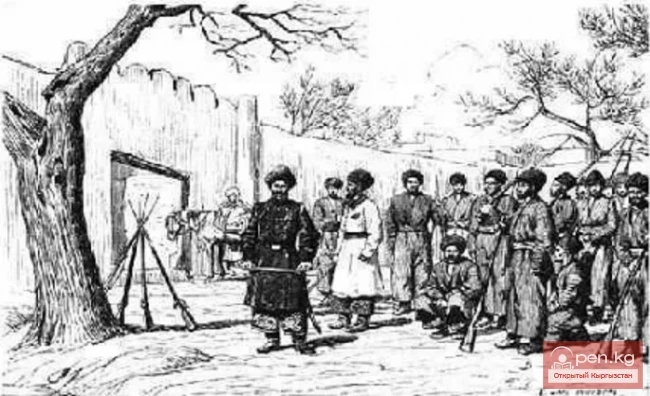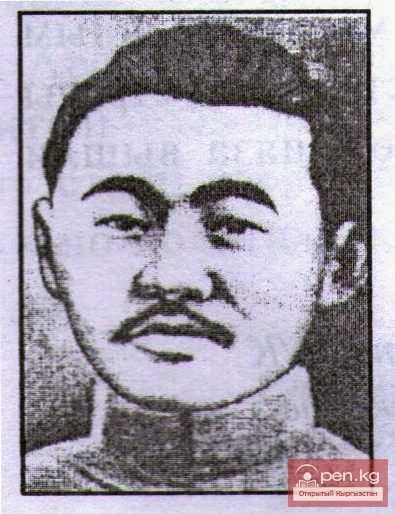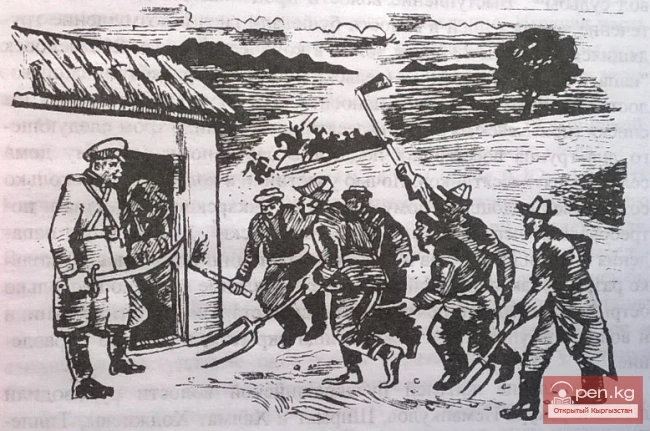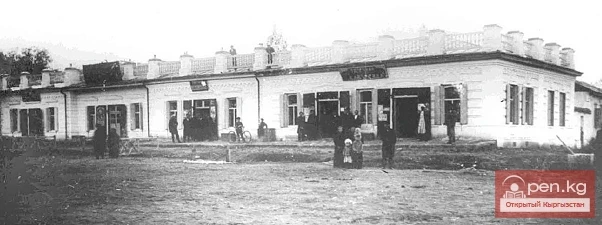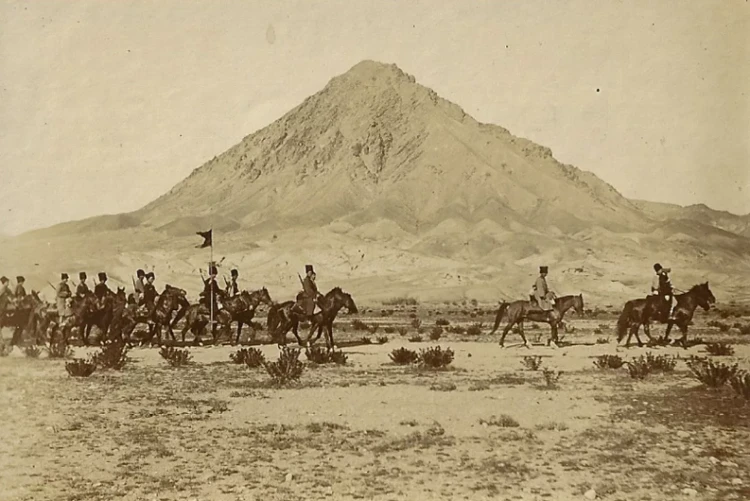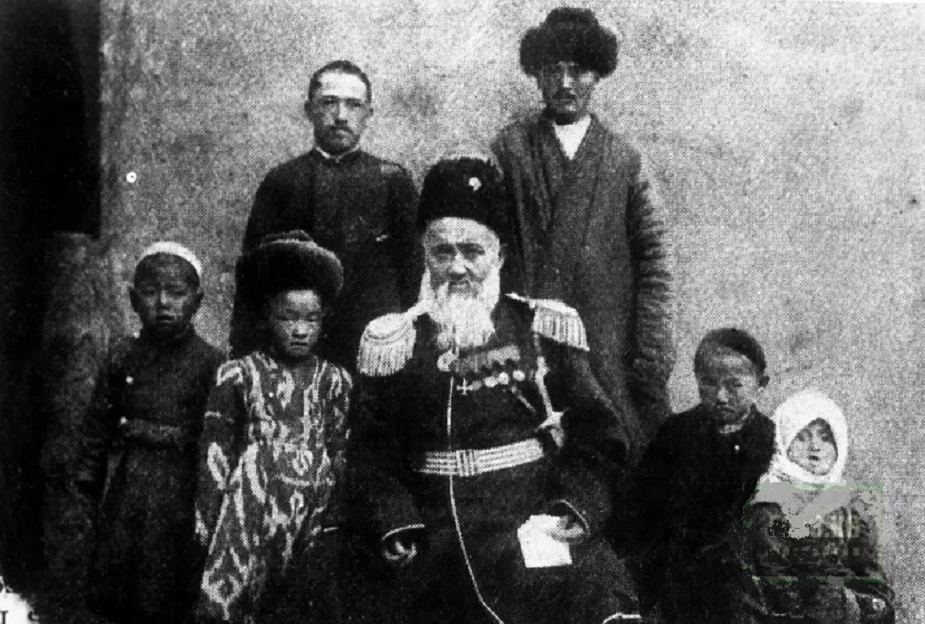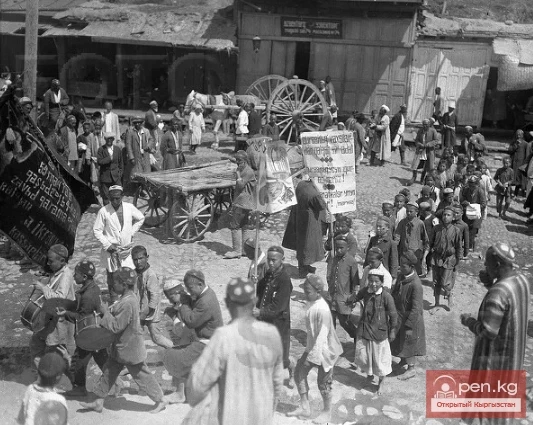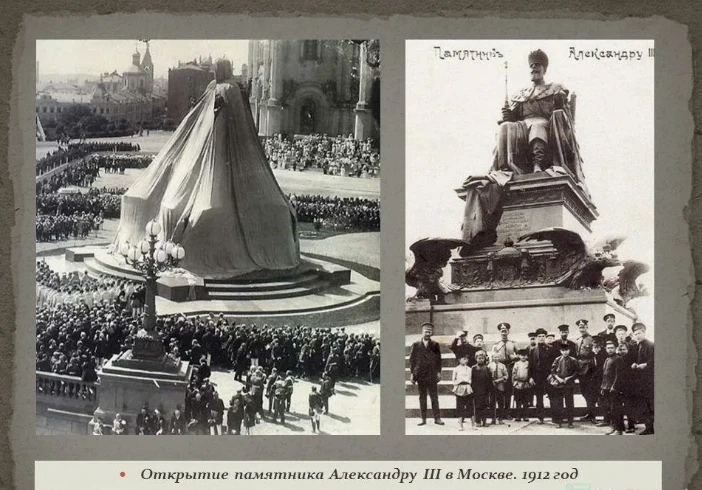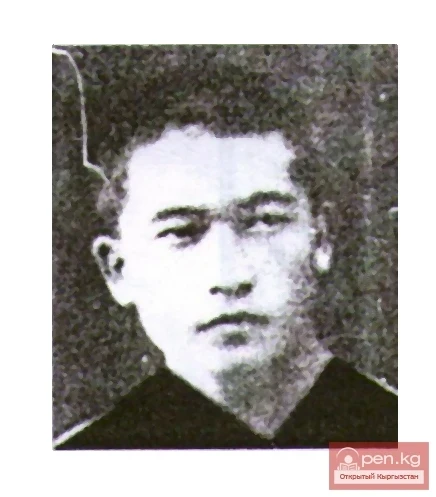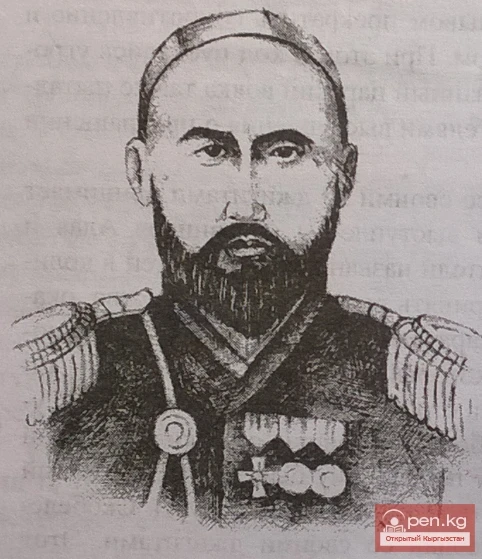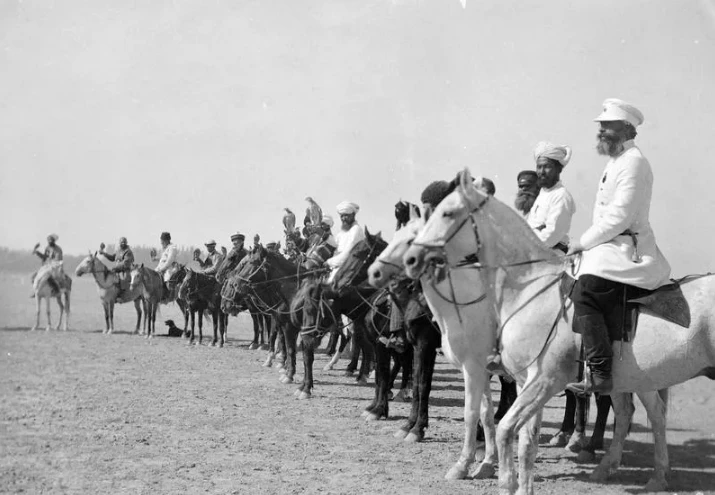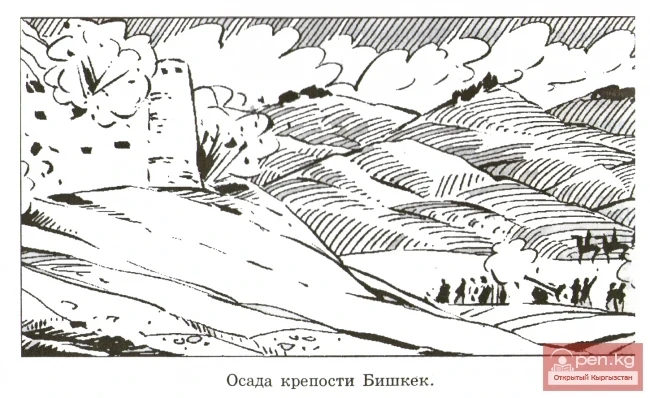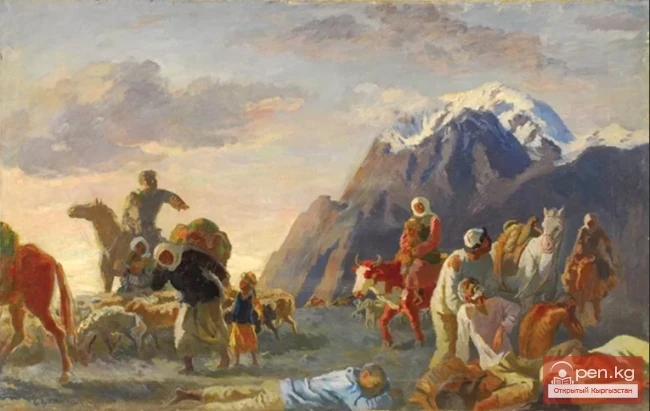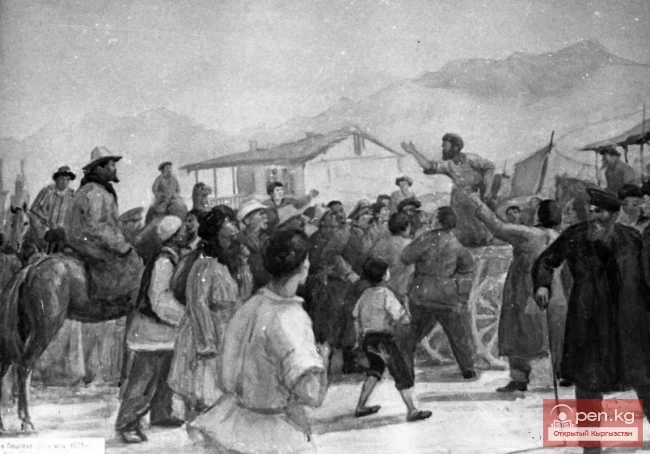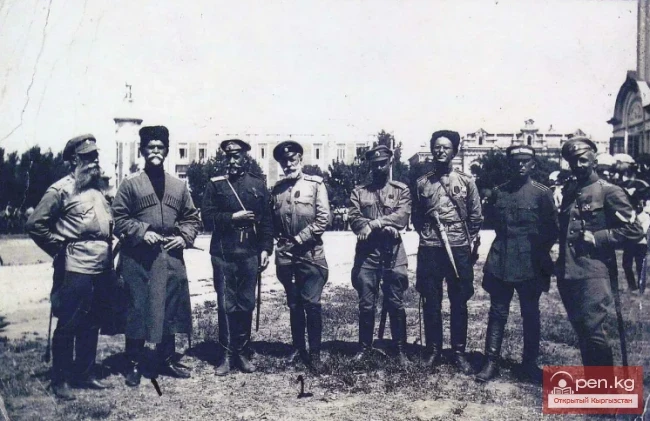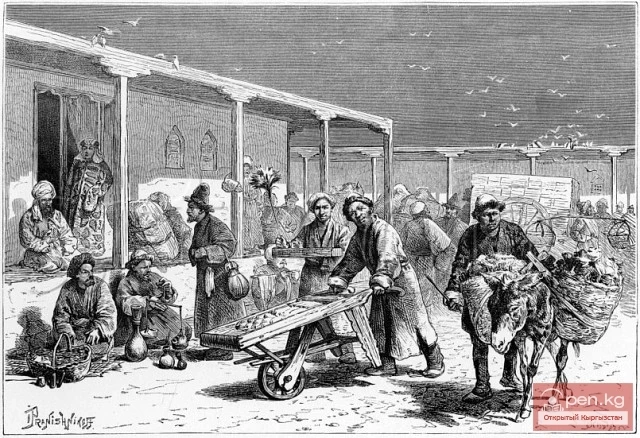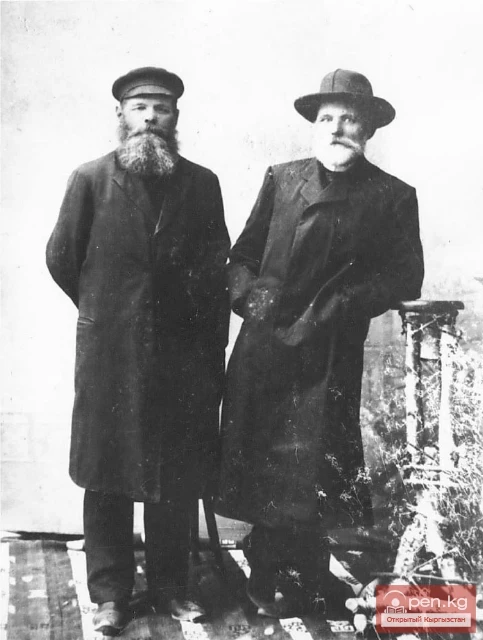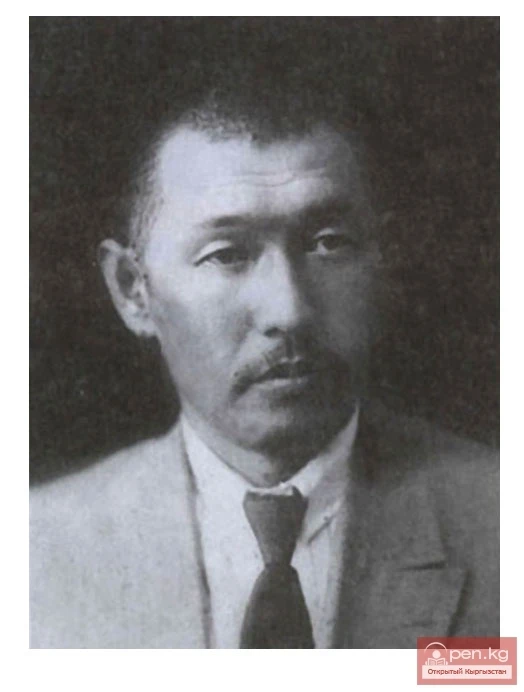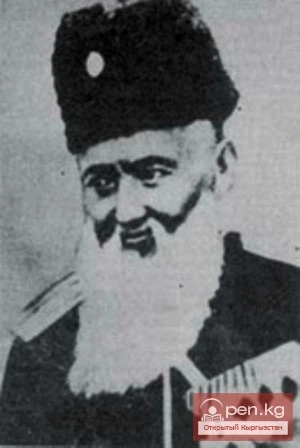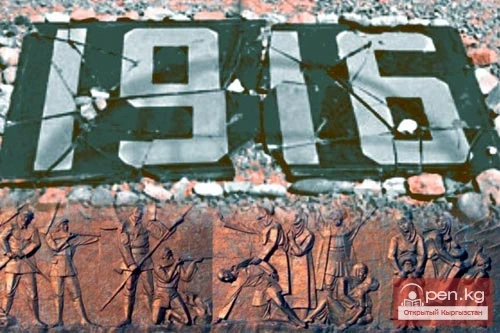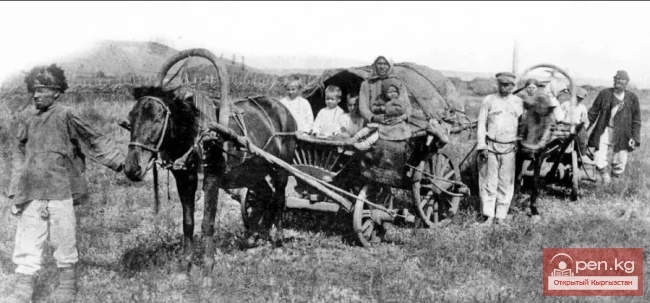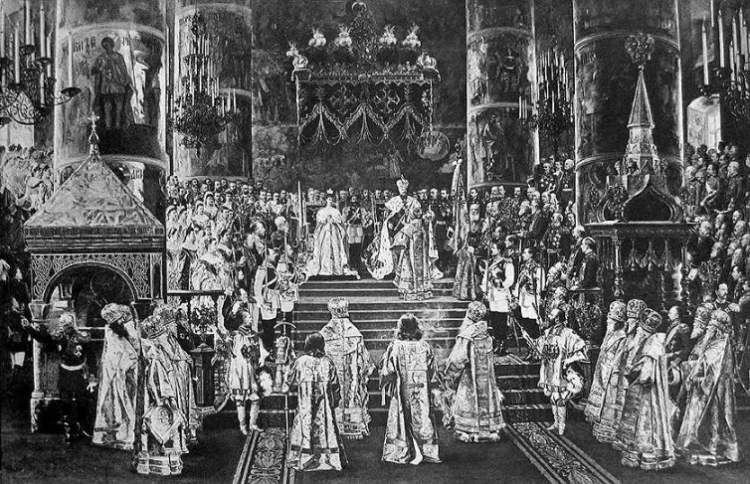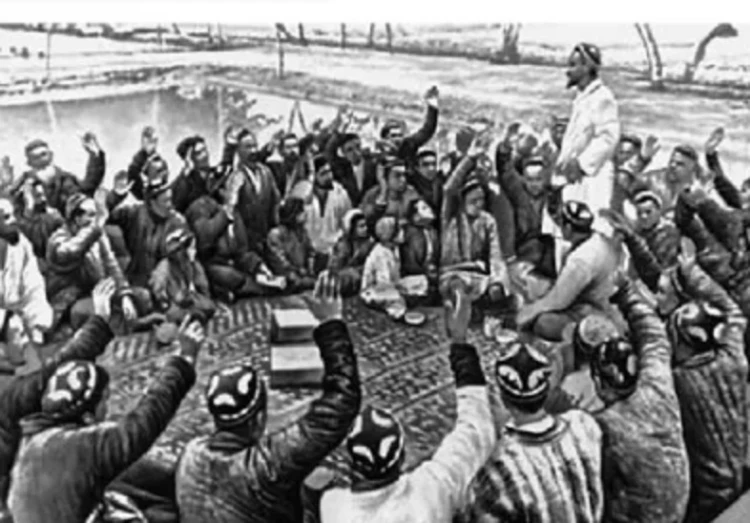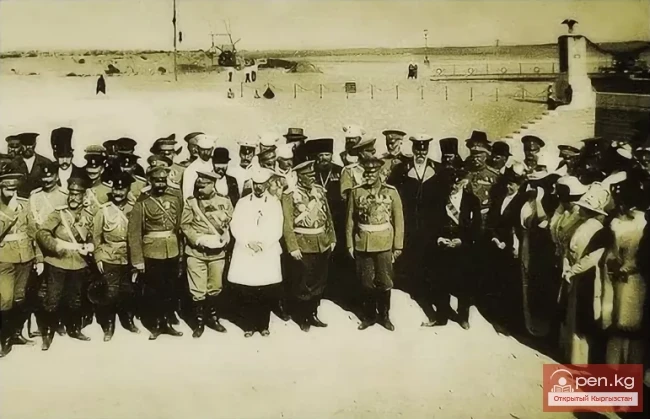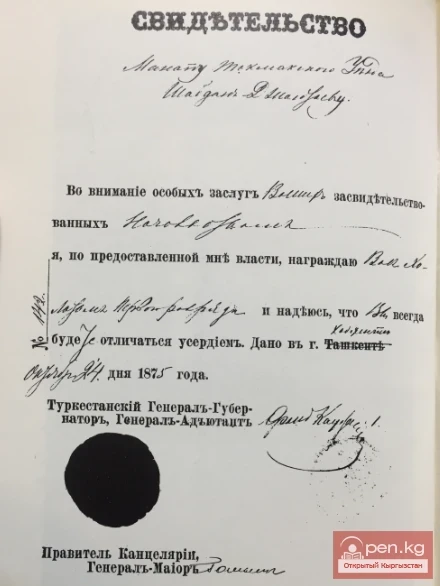
...the Kyrgyz must live together like bees in one hive...
The political influence of Shabdan was very significant not only among the Kyrgyz but also among the top leadership of the Russian administration in Turkestan. This is clearly evidenced by the removal in 1890 of the administrator of the Pishpek district, military elder Narbuga, and in 1911 of the incompetent volost manager of the Sarybagysh volost, M. Alpybaev, who were dismissed after Shabdan informed the Military Governor of the region about their abuses and unworthy behavior.
For his advocacy on behalf of his compatriots, Shabdan the hero, at the insistence of his follower Narbut A. Talizin, who considered "systematic struggle against the manaps" his main goal, was accused of "slander" and fined 200 rubles.
The policy of representatives of the colonial local administration in the early 20th century was openly discriminatory. Thus, in 1911, on false charges of murder, the son of Shabdan, the former volost manager of the Sarybagysh volost — Mokush Shabdanov, was arrested and imprisoned. At the same time, his brother, the manager of the same volost — Isamiddin, was removed from his position. According to contemporaries of Shabdan, he was deeply affected by the arrest of his son. It is possible that this accelerated the sudden death of the proud and freedom-loving hero, which soon followed on April 6, 1912.
According to eyewitness V. Rovnyagin, the farewell to the deceased hero was unusual: "Thousands of Kyrgyz and other natives from Pishpek and neighboring districts gathered for Shabdan's funeral, and many sincere tears of regret were shed."
Documentary sources found in recent years clarify one of the controversial points in the biography of Shabdan the hero — his position and role regarding the annexation of the southern part of Kyrgyzstan to the Russian Empire.
Here, the leitmotif of Shabdan's life orientation is defined by the words of his opponent — the chief of the Pishpek district A. Talizin in one of his reports to his superiors on March 18, 1896: "...Shabdan has a favorite theory, which he has told me repeatedly, that the Kyrgyz must live together like bees in one hive..." Shabdan the hero was guided by this throughout his life from the very beginning of his political activity.
As a participant in a major military campaign of Russian troops against the Turkestanis near Uzun-Agach and Kaskelen in October 1860, and being well-informed about the political situation in the fragmented Central Asian states, Shabdan the hero early realized the irreversibility of the process of annexing the region to the monolithic and rapidly developing Russian Empire and directed all his energy towards the painless integration of his compatriots into the new living conditions.
In 1873, the population of southern Kyrgyzstan living in Leilek decided to actively resist the encroachments of the Kokand khan Khudoyar, who had intensified his relations with the neighboring Kyrgyz by raising tariffs and other fees. The southerners, well aware of the living conditions of their compatriots in northern Kyrgyzstan, who had been under the jurisdiction of the Russian Empire for about 10 years, felt the benefits of the new Russian authority, which had not yet fully revealed its true face. It is known that the newly annexed territories to Russia were not taxed for the benefit of the administration for the first 5-10 years, and there was relative political stability in the region — mutual minor skirmishes over cattle raids ceased, a firm administrative governance based on democratic principles of local managers' elections was gradually established, and the influx of Russian-produced goods increased, etc.
Naturally, all this appealed to the southerners, and in 1873 they sent their representatives, Kulmakhmet and Kambar Sarker, to Shabdan the hero, asking him to mediate in their negotiations to establish close friendly relations with the representative of the Russian administration of the Tokmak district. This was essentially an attempt by the southerners to reunite with the Kyrgyz population of northern Kyrgyzstan. As seen from the letter of the Leilek residents to the chief of the Khojent district, in November 1873, they initially received support from the chief of the Tokmak district. Shabdan the hero was dispatched to them, providing consultative assistance in effectively organizing governance and resisting the encroachments of Kokand. Unfortunately, however, Shabdan's mediating and diplomatic efforts in southern Kyrgyzstan were curtailed at the level of the Governor-General of Turkestan. This is clearly evidenced by the lines of the report of the acting Governor-General of Turkestan, G. A. Kolpakovsky, to his superiors dated November 12, 1873, which states: "...to verify the statement of the deputies about their communication through Shabdan Djantaev with the Tokmak Kyrgyz, and if this proves to be true, to immediately terminate it...".
The favorable situation was lost, and when a couple of years later, by 1875, the situation here became even more complicated, according to academician B. D. Jamgerchinov, "the military governor of the Semirechensk region attempted to send the manap Shabdan Djantaev to the camp of the rebels to organize the capture of Pulat (i.e., mold Iskhak Asan uulu — the leader of the people's resistance movement — D. S.), the latter was warned about this dishonorable mission by the Kyrgyz of the Tokmak district."
Nevertheless, judging by the information from "Shabdan's Service Record," compiled at the request of N. Aristov in 1885, "Autobiography of Shabdan," and other documents, Shabdan the hero with his warriors participated in October 1875 in the military expedition of Russian troops in southern Kyrgyzstan, near the cities of Suzak, Botokara, and Spisken (Izbaskan), against Pulat-khan. Although his actions during the campaign were highly regarded by the Russian general staff, as he was the "first of the kara-Kyrgyz to be awarded the military order of the 4th degree, and later a silver medal in memory of the conquest of the Kokand Khanate," Shabdan already on October 27, 1875, without waiting for the end of this expedition, "asked Kaufman for leave to go home."
Hero, Demanded by the Era. Part - 2
